Yaw Osafo-Maafo, Senior Presidential Advisor in Ghana, is advocating for more transparency in the declaration of assets owned by public officials. He believes this is essential to strengthen accountability within Ghana’s governance framework.
Although current regulations require public officials, including ministers of state and select public sector personnel, to declare their assets to the auditor general, the lack of transparency in this process hampers accountability.
Osafo-Maafo is dissatisfied with the current asset declaration framework. He highlights that the confidentiality maintained between the auditor general and individuals makes it challenging for scrutiny and accountability.
According to Osafo-Maafo, the law in Ghana dictates that when someone becomes a minister of state or a public sector worker at certain levels, they must declare their assets and file the same to the auditor general.
However, he believes that everything is kept confidential between the auditor general and the individual after the declaration is made. This makes it difficult for anyone to challenge the authenticity of the declaration.
Osafo-Maafo recommends that we should declare the assets, but there should be a certain level of transparency in the declaration process, so people can assess what is declared by certain procedures.
During an address at a stakeholder engagement of the Open Government Partnership (OGP) at the Mövenpick Ambassador Hotel in Accra, Osafo-Maafo highlighted the prevailing cultural norms around inheritance.
He suggested that these norms were given in opposition during the formulation of the Declaration of Asset and Disqualification Act.
He mentioned that he was consulting for someone when they were drawing up the constitution of the republic and he was championing the publication of the assets declared. The chiefs were furious with him and said they would be killed when people knew what they had.














